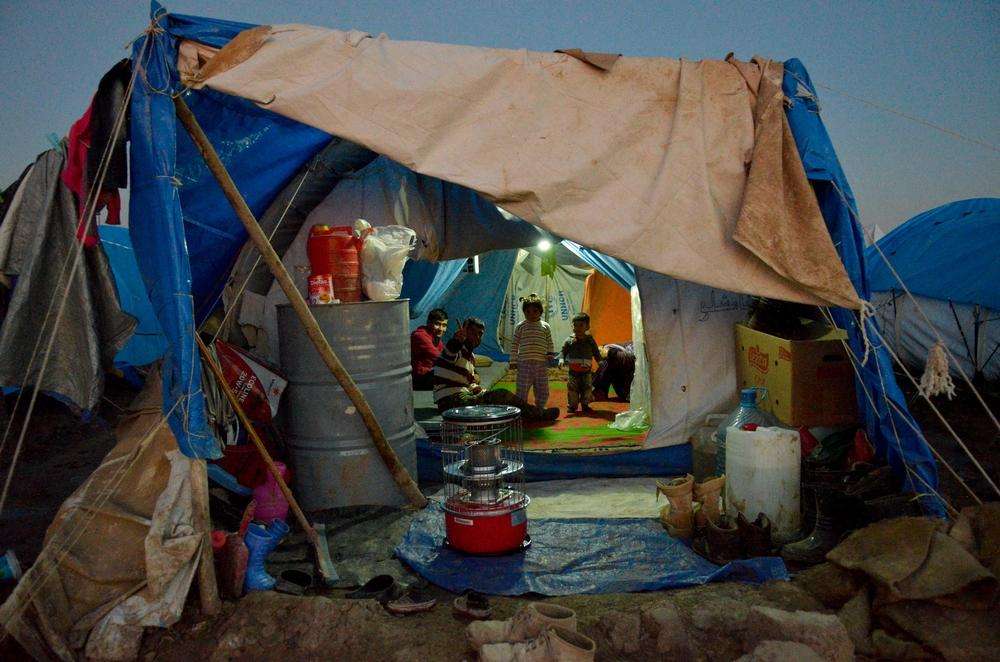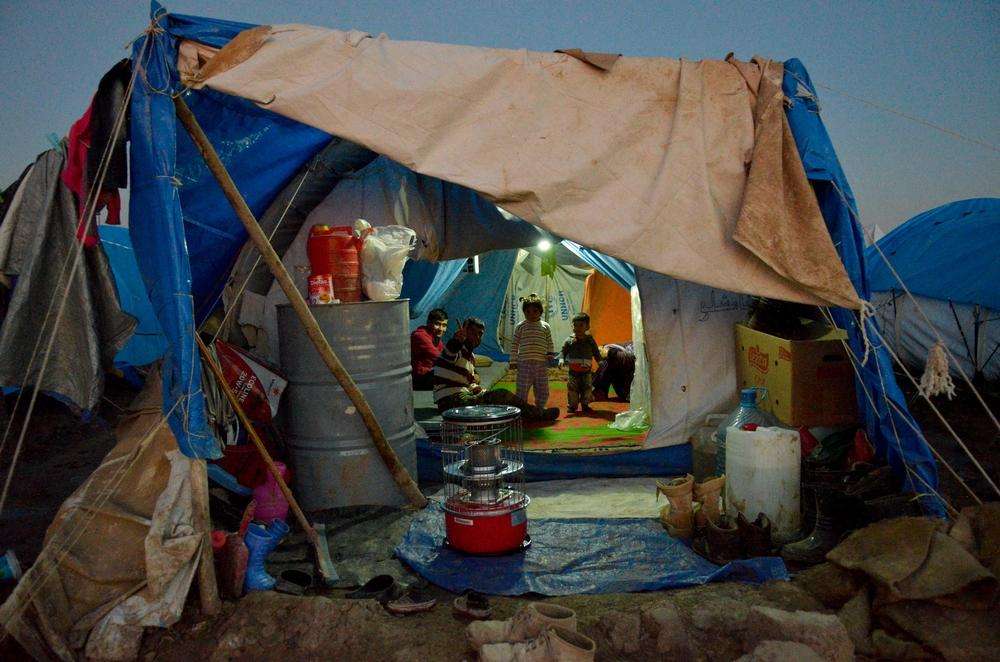Five years after it first broke out, the deadly conflict in Syria has had a disastrous impact on the country's population. Many have been forced to flee their homes to escape daily bombings and violence. The United Nations High Commissioner for Refugees (UNHCR) estimates that more than four million Syrians have left their country since fighting began in 2011. The majority of them now live in refugee camps or informal settlements in the neighboring countries of Lebanon, Iraq, Jordan, and Turkey.
Within Syria, the humanitarian situation is directly affected by violence targeting the health sector. Bombings have destroyed a huge number of medical facilities and hospitals across the country. Medical staff have been forced to flee, and drugs and medical supplies are becoming increasingly rare. As a result, it has become extremely difficult for most civilians to access lifesaving health care. Humanitarian organizations, including Doctors Without Borders/Médecins Sans Frontières (MSF), are struggling to provide emergency medical assistance.
Medical staff and facilities are now on the front lines. Many Syrian medical personnel, including MSF health workers, have had to make the wrenching choice between fleeing their homes for their families' safety and leaving behind those who have no option but to remain, depriving them of desperately needed care.
Here, Syrians tell their stories in their own words.
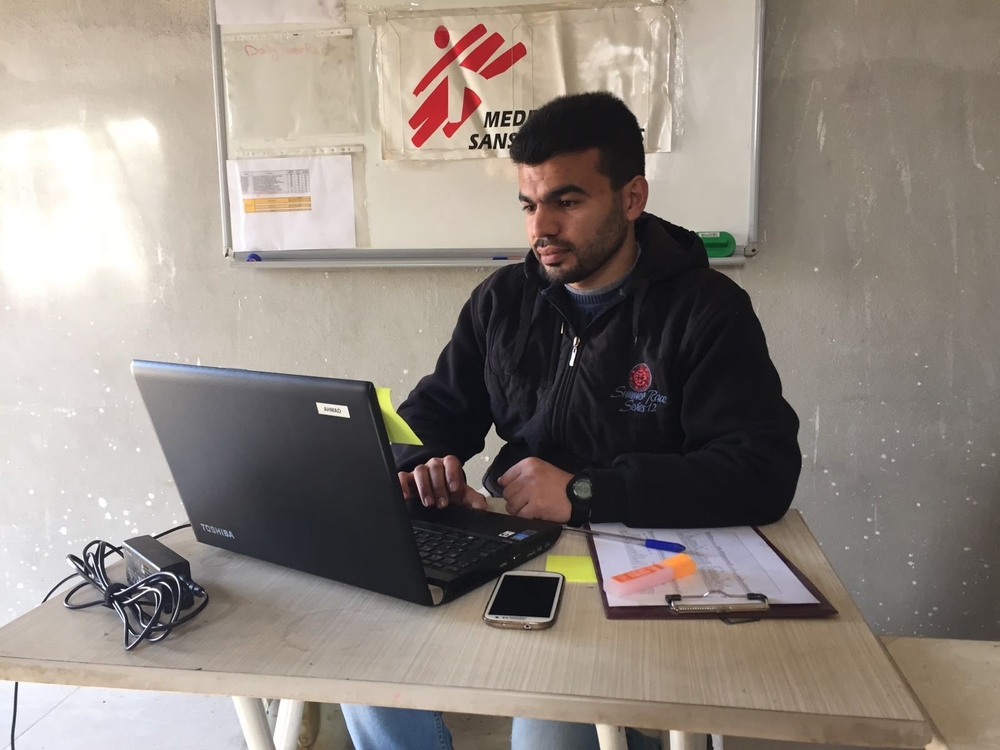
Ahmed, 26, has decided to continue to provide assistance in Syria. He works in the MSF donations program and frequently crosses the border to supply Syrian health structures with drugs and distribute essential items to displaced people. Read Ahmed's story.
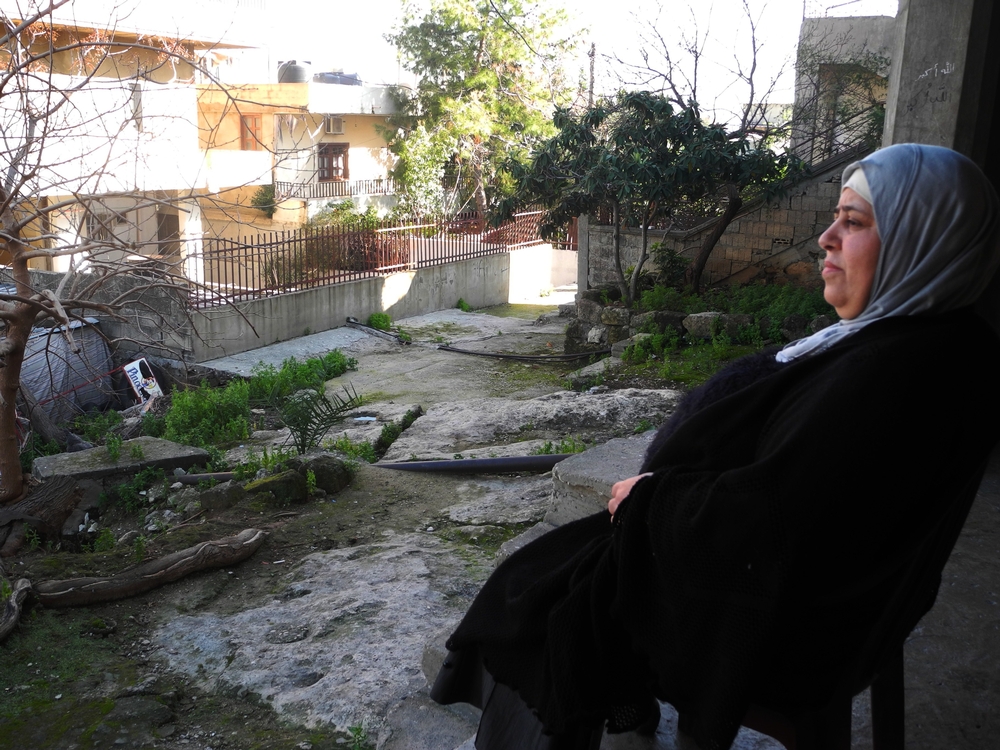
Najah has lived in Lebanon since 2012. Her dream is to gather her loved ones around a table for a family meal in Syria. Read Najah's story.
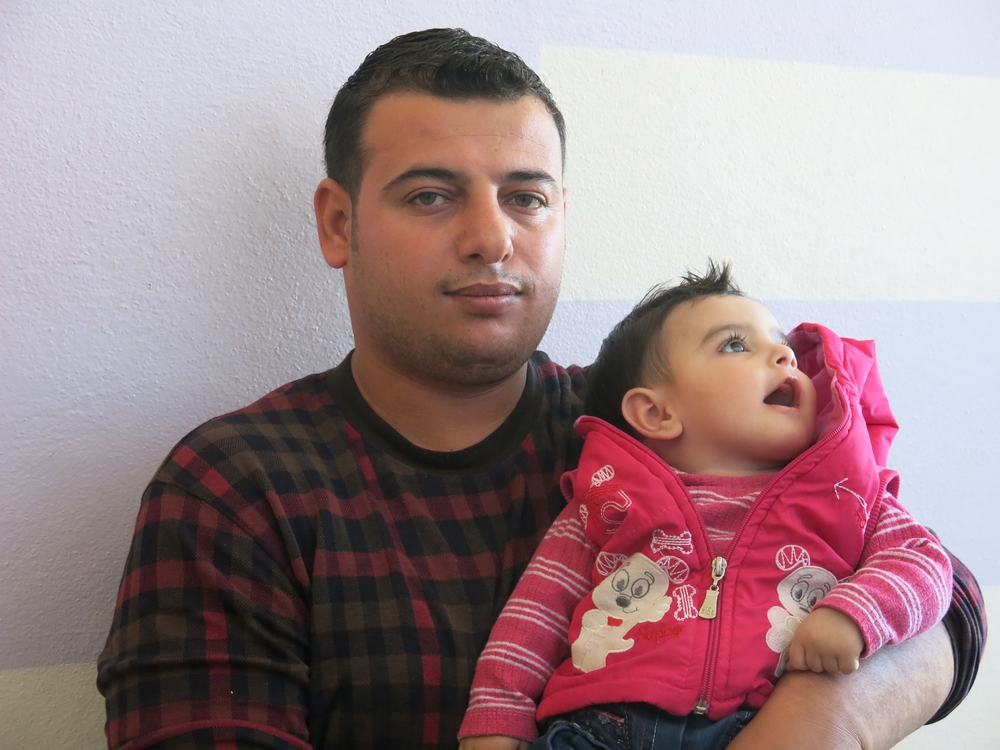
Suar, an ex-MSF nurse, has no choice but to remain in Iraq's Domiz refugee camp until he receives his travel documents. He dreams of reaching Europe to look after his sick child. Read Suar's story.
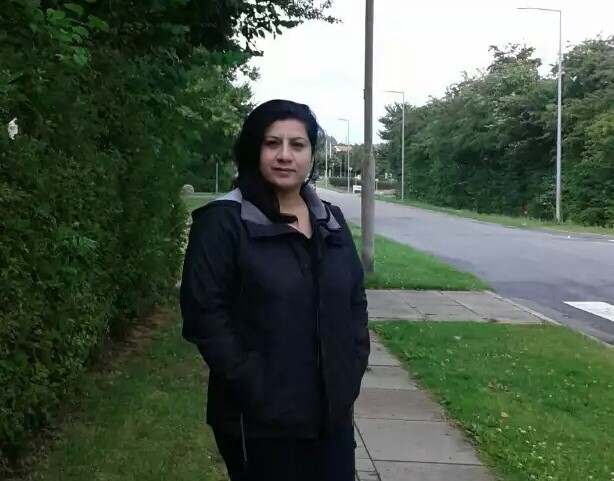
Bahar was granted refugee status in Denmark. She struggles to live without her two children, who are still in Iraq. Read Bahar's story.
Learn More About the Crisis in Syria
